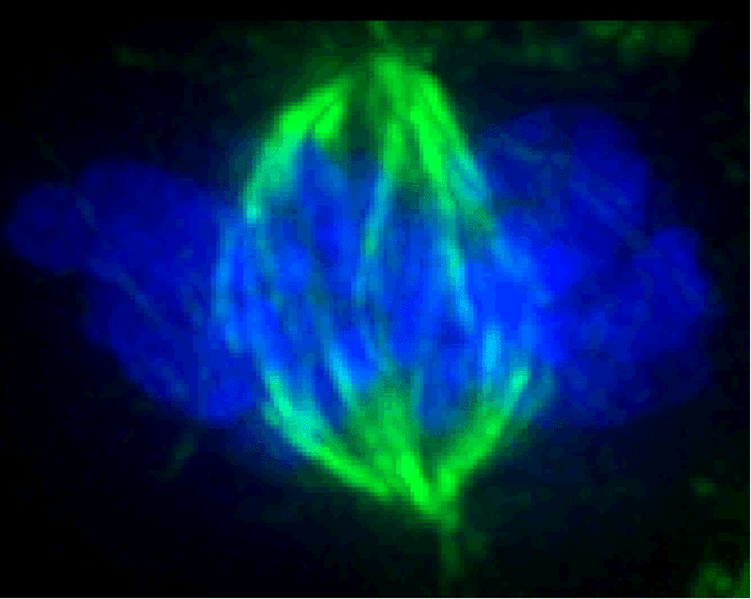To Protect Patented Genes, DARPA Wants a Security System that Records Genomic Changes
Here at PopSci we love a good broad agency announcement from DARPA (that’s where they ask the private sector to...

Here at PopSci we love a good broad agency announcement from DARPA (that’s where they ask the private sector to do something technologically outrageous), but even next to the flying Humvees, the weather manipulation, the cyborg beetles, and the “hundred-year starships,” this one, we have to say, is WAY out there. DARPA wants a genetic security system that’s built into the genome that can monitor for and report on changes to an organism’s genetic makeup.
Or–to borrow Danger Room’s metaphor–DARPA wants a “track changes” feature for genomes like the one that tracks edits in a Word document, a technology that will record and report any modification to a genome. They call it Chronicle of Lineage Indicative of Origins, or CLIO. We’re calling it ambitious.
First of all, why? DARPA ostensibly wants such a technology to protect intellectual property. Genomes (and specific genes) are now bio-commodities, and patented microbes and the genes therein are the property of those who create them. A tool like CLIO would help protect patented genes from misuse as well as to help competitors prove that they are not infringing on another lab’s IP. DARPA also wants CLIO to devise a way to encrypt a genome so it can’t be stolen by rival researchers or (and now perhaps we get to the heart of the DoD’s interest) rival states.
The more important question is: how? DARPA offers the usual vague suggestions, like “possibly utilizing a cryptographical or complex mathematical approach.” Complex doesn’t sound like the half of it. Then again, it’s DARPA’s function to propose seemingly-impossible problems like this. As the personal genomics revolution presses forward, we all someday might not only have copies of our entire genomes, but we may have them password-protected as well.